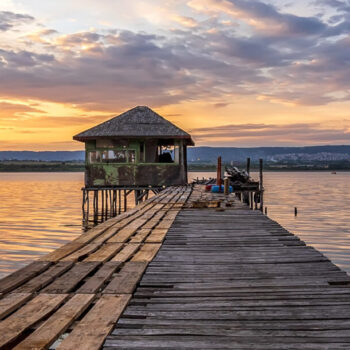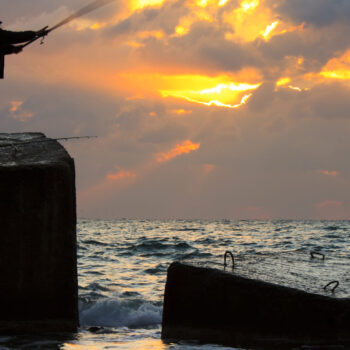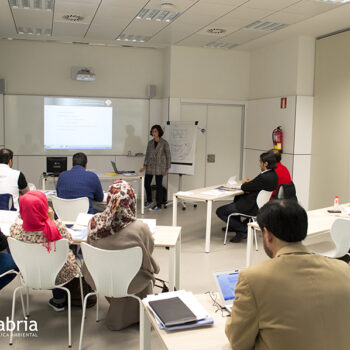Specialized TRaining on Applied tools for Sustainable MARine EcosystemS
Specialized TRaining on Applied tools for Sustainable MARine EcosystemS
- Dates: 15/10/2024 – 31/01-2025
- Duration: 10 ECTS
- FEE: 375€
- Language: English (subtitles in English, Spanish, Italian and Portuguese).
- Modality: Virtual asynchronous (Te) – Virtual synchronous (Pr)
- Status: Open for registration until 20/12/2024
- Requirements: Internet
- Evaluation system: Online + Presentation of Final Programme Work (TFP)
- Type of certificate: UC own Title
- Related courses: TRASMARES 1, TRASMARES 2, TRASMARES 3 and TRASMARES 4
Read carefully the enrollment instructions
This training program offers an agile learning pathway for individuals who wish to develop specific skills in sustainable marine ecosystems through a multidisciplinary, practical and integrated approach, as well as to deepen their understanding of marine ecosystems to understand their functions, benefits and main threats.
It is aimed at managers, civil servants, professionals, graduates, postgraduate and professional training students with a background in environmental studies.
This micro-credential includes 4 courses in online format (asynchronous virtual teaching modality), complemented by the development of a Final Program Project (synchronous virtual teaching modality), directed by researchers from the Environmental Hydraulics Institute of the University of Cantabria. This hybrid teaching modality will facilitate very practical learning on methodologies, procedures and tools applied to the conservation and sustainable management of marine and coastal ecosystems in a context of climate change.

Innovative methods to assess the distribution of marine ecosystems

Human activities and vulnerability of marine ecosystems

Nature-based Solutions as proactive approaches to conservation

Land-sea-ocean interactions: from coastal management to maritime spatial planning

This micro-credential was originally developed within the training itinerary “Specialized TRaining on Applied tools for Sustainable MARine EcosystemS“, funded by the EU through the TRASMARES ERASMUS+ project (2019-1-ES01-KA203-065536), coordinated by the Environmental Hydraulics Institute of the University of Cantabria (IHCantabria), in collaboration with the University of Bologna (IT), the University of Coimbra (PT) and Telefónica Educación Digital (TED).

